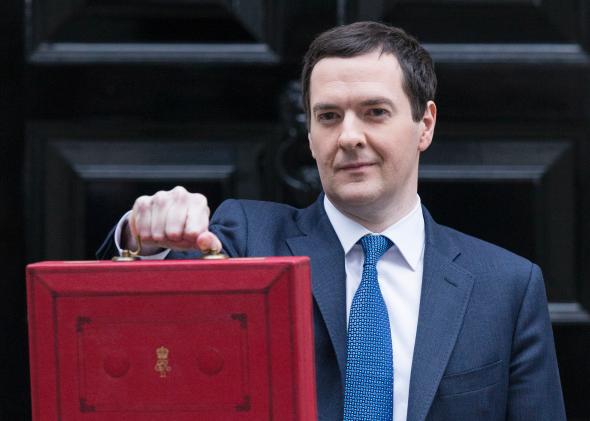On Wednesday, British Chancellor of the Exchequer George Osborne announced to Parliament the creation of a new diverted profits tax—or, colloquially, a “Google tax.” Set to take effect in April 2015, the 25 percent tax is designed to keep companies from exploiting loopholes to dodge taxes on profits they make in the United Kingdom.
Google’s U.K. operation is notorious for paying relatively little tax on the piles of money it makes there. In May 2013, a special report in Reuters showed how Google funneled its U.K. sales through Ireland to escape local tax liability. From 2006 to 2011, Google generated $18 billion in revenue from the U.K., Reuters reported, but paid only $16 million in taxes. Despite running most of its operations in London, Google for tax purposes claimed not to have a presence in the U.K.
The new tax doesn’t just target Google, but also pressures other companies such as Amazon, Apple, and Starbucks to pay their taxes locally instead of shifting them to lower-tax markets overseas. Obsorne told Parliament that the Google tax has the potential to raise about $475 million a year—certainly not nothing, but also not terribly much compared with the U.K.’s budget deficit of 91.6 billion pounds (or roughly $143.9 billion).
The “Google tax” is the latest effort by governments to stop multinational corporations from going to great lengths to avoid paying taxes. Another such measure, the ever-popular tax inversion, was a topic of much debate this summer after Burger King said it was set to purchase Tim Hortons in what appeared an effort to shift its headquarters to Canada to escape the high U.S. corporate tax rates.
